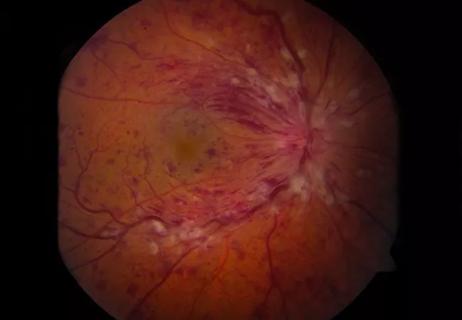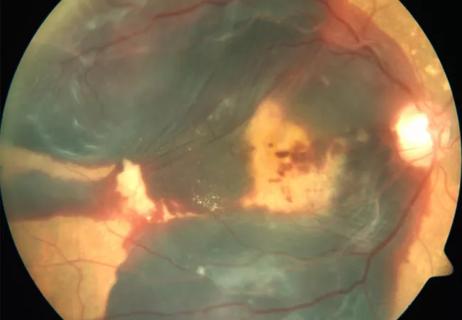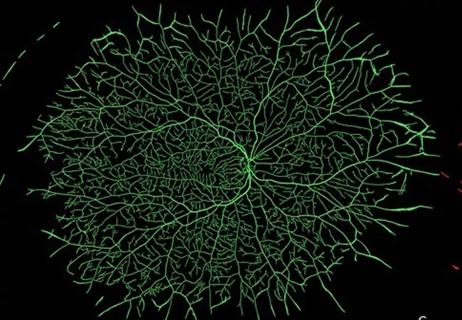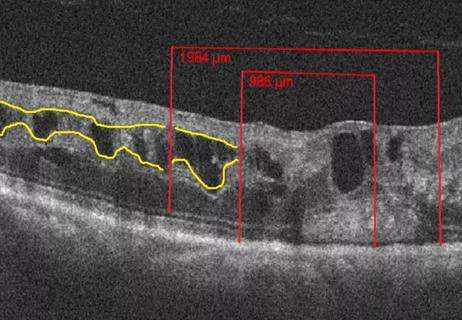Tag debug info: client: {"assets":{},"datasets":{},"live":{},"projects":{},"users":{},"observable":{"assets":{},"datasets":{},"live":{},"projects":{},"users":{}}} Now: 1770464479435 Cache Key: cqdTagPageBySlug:retinal-vein-occlusion fetchCache[cqdTagPageBySlug:retinal-vein-occlusion].expirationTime: falsey fetchCache[cqdTagPageBySlug:retinal-vein-occlusion]. seconds remaining: falsey All fetchCache expiration times: -- Key: cqdNotFoundPage, seconds remaining: 4747 -- Key: cqdTagPageBySlug:sapho-syndrome, seconds remaining: -5753 -- Key: cqdPostsByTag:cqd-migrated-tag-24184,1,10, seconds remaining: -5680 -- Key: cqdTagPageBySlug:nonvascularized-toe-phalangeal-transfer, seconds remaining: -3809 -- Key: cqdPostsByTag:cqd-migrated-tag-20639,1,10, seconds remaining: -3740 -- Key: cqdTagPageBySlug:lauryn-benninger-do, seconds remaining: -2519 -- Key: cqdPostsByTag:cqd-migrated-tag-26362,1,10, seconds remaining: -2456 -- Key: cqdTagPageBySlug:nurse-mentors, seconds remaining: 1240 -- Key: cqdPostsByTag:cqd-migrated-tag-17676,1,10, seconds remaining: 1312 -- Key: cqdTagPageBySlug:sacrocolpopexy, seconds remaining: 2657 -- Key: cqdPostsByTag:cqd-migrated-tag-20279,1,10, seconds remaining: 2723 -- Key: cqdTagPageBySlug:johannes-wolff, seconds remaining: 3265 -- Key: cqdPostsByTag:cqd-migrated-tag-1001,1,10, seconds remaining: 3345 -- Key: cqdTagPageBySlug:hpv-vaccine, seconds remaining: 4747 -- Key: cqdPostsByTag:cqd-migrated-tag-20607,1,10, seconds remaining: 4811 -- Key: cqdTagPageBySlug:bradley-marino, seconds remaining: 4952 -- Key: cqdPostsByTag:cqd-migrated-tag-23871,1,10, seconds remaining: 5018 -- Key: cqdTagPageBySlug:cross-face-nerve-grafting, seconds remaining: 5243 -- Key: cqdPostsByTag:cqd-migrated-tag-24039,1,10, seconds remaining: 5306 -- Key: cqdTagPageBySlug:ihab-haddadin, seconds remaining: 5984 -- Key: cqdPostsByTag:cqd-migrated-tag-21861,1,10, seconds remaining: 6049 -- Key: cqdTagPageBySlug:kadakkal-radhakrishnan, seconds remaining: 6292 -- Key: cqdPostsByTag:cqd-migrated-tag-4497,1,10, seconds remaining: 6366 -- Key: cqdTagPageBySlug:endometriosis-surgery, seconds remaining: 7999 -- Key: cqdPostsByTag:cqd-migrated-tag-17699,1,10, seconds remaining: 8088 conditions: -- false, -- NA, -- NA, -- NA -- false Cache miss for key cqdTagPageBySlug:retinal-vein-occlusion - retrieving from Sanity CCCache.dataFetchCount: 2254 Cache cleanup seconds remaining: 21240
Advertisement
Advertisement
Tag: retinal vein occlusion
Watch for sudden unilateral vision loss without pain
Intraretinal fluid volumes and other features detectable with OCT may help predict treatment response
Patients with diabetic eye disease are most affected
Radiomics analysis suggests underlying subvisual features may encode information related to tolerance of interval extension in retinal vascular disease
Advertisement
Cleveland Clinic is a non-profit academic medical center. Advertising on our site helps support our mission. We do not endorse non-Cleveland Clinic products or services. Policy
Is disorganization of retinal inner layers (DRIL) a useful prognostic indicator?
Rendered: Sat Feb 07 2026 11:41:19 GMT+0000 (Coordinated Universal Time)
9500 Euclid Avenue, Cleveland, Ohio 44195 |
800.223.2273 | ©
2026 Cleveland Clinic. All Rights Reserved.




